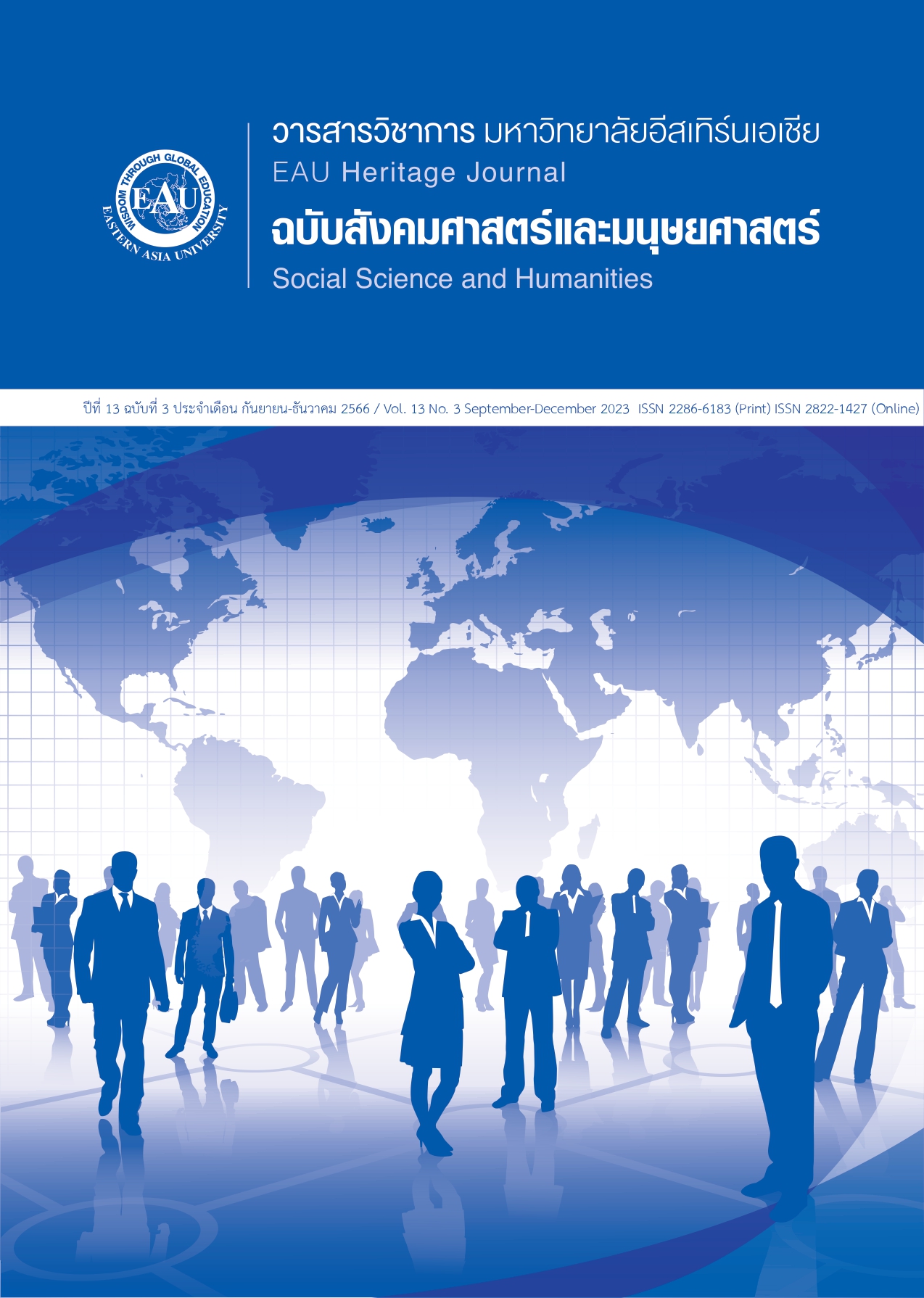Instructional Administration of Undergraduate Degree Program Students in Electrical Engineering in Developing Innovative Skills
Keywords:
Instructional Administration, Innovative Skills, Electrical Engineering Students Undergraduate Degree ProgramAbstract
The objectives of this research are (1) to illustrate the current state of learning administration for Bachelor's Degree of Electrical Engineering Program with development of students innovation skills (2) to evaluate the rational relation between the education management of electrical engineering and the development of student innovation skill (3) to present proposals for educating and learning management of the Bachelor's Degree of Electrical Engineering program to develop student innovative skills. The research samples were 31 from education institutions where offering graduated degrees in electrical engineering. By selecting a cluster sample, the tools used in the research were opinion questionnaires, interview forms, and proposal evaluation forms. Statistics used in data analysis were mean, standard deviation and linear multiple regression analysis. The results of the research showed that (1) the current state of educating and learning administration including the innovation skills of students were at a high level while the informative distribution was quite less. (2) the educating and learning management for proactive learning management (X1) and student-centered learning management (X4) can be predicted significantly for statistics student innovation skills at the 0.01 level as the equation = 1.250-0.341(X1)+0.813(X4) and (3) a proposal for the administration of educating and learning for a bachelor's degree for Electrical Engineering program to develop student innovation skills including planning, implementing plans and evaluation of educating and learning management which all are passed the suitability certification criteria consistently and it is useful.
References
Bicokesoong, D., & Charoenkul, N. (2015). Guidelines for curriculum administration of undergraduate degree program in international engineering: A case study of information and communication engineering program, Faculty of Engineering, Chulalongkorn University. An Online Journal of Education. 10(3), 85-99. (in Thai)
Chaipanha, W., Donrak, J., & Buapha, K. (2020). The Development of Bachelor of Engineering Program in construction management engineering using work integrated learning model. Maha Sarakham: Faculty of Science and Technology/Rajabhat Maha Sarakham University. (in Thai)
Chularut, P. (2018). Learning management for students in the Thailand 4.0 Era. Veridian E-Journal, Silpakorn University. 11(2), 2363-2380. (in Thai)
Fan, C. T. (1952). Item analysis table: A table of item-difficulty and Item-discrimination Indices for given proportions of success in the highest 27 percent and the lowest 27 percent of a normal bivariate population. Princeton, NJ: Educational Testing Service.
Wongyai, W. (2011). Developing curriculum of undergraduate (2nd Ed.). Bangkok: R and Print. (in Thai)
Wongyai, W., & Padpol, M. (2011). Developing design thinking skills for innovation. Bangkok: Innovative Leaders Center of Curriculum and Learning. (in Thai)
World Economic Forum. (2020). The future of jobs report 2020. Retrieved from https://www3.weforum.org/docs/WEF_Future_of_Jobs_2020.pdf
Yodyingyong, K. (2019). Innovative Organization. Bangkok: Chulalongkorn University Printing House.





